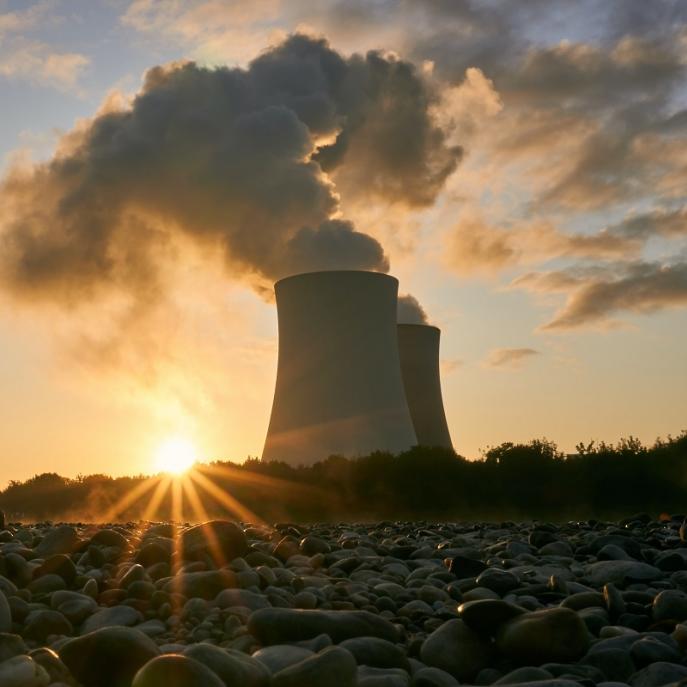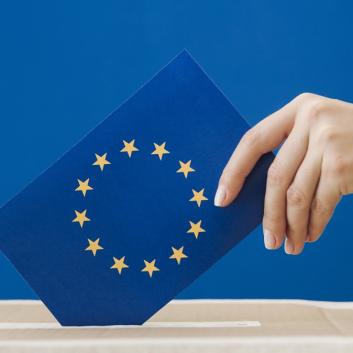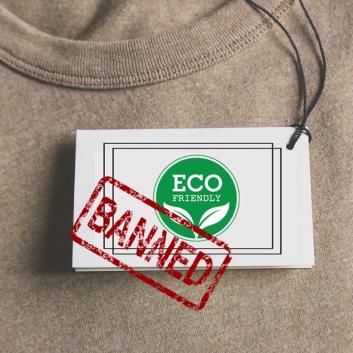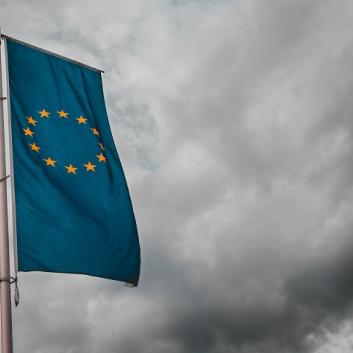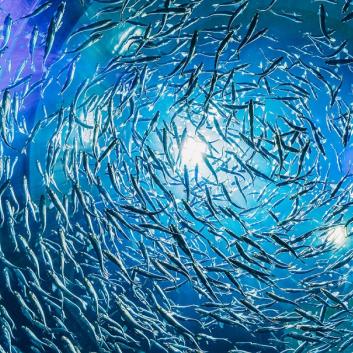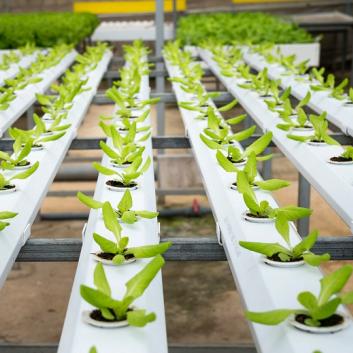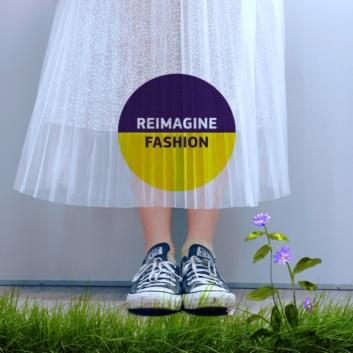Zero-pollution future becomes top priority in high-level policy cooperation
At the first-ever Policy Dialogue on Zero Pollution held in Brussels in early December 2021, a new agreement was formed to urgently reduce pollution as part of a European Commission (EC) and UN Environment Programme (UNEP) led cooperation.
To address pollution caused by public and private sector attending parties agreed on an integrated and holistic approach with the active involvement of EU institutions, UNEP, the World Health Organisation (WHO) and the UN Development Programme (UNDP).
A closer EC-UNEP cooperation will focus on synchronising respective zero pollution action plans and increasing their attention to nature protection and restoration as potential solutions to tackle the triple planetary crisis of climate, biodiversity, and pollution.
“We welcome the efforts made to tackle pollution on the global scene, both by UNEP and other partners. Pollution knows no borders, and we must work together to achieve a cleaner and healthier future,”
said Astrid Schomaker, EC, DG Environment, Director for Global Sustainable Development, about the new agreement.
He added that “to address pollution in a holistic way, nature-based solutions and moving to more circular economies in particular” are crucial in creating a common zero-pollution agenda.
At the Zero Pollution Policy Dialogue, top-level international organisations discussed selected areas where follow-up and cooperation between the Commission and UNEP are most prospective and applicable in short to medium term.
Key areas of cooperation include:
- Promoting multilateral cooperation;
- Strengthening political support and capacities to reduce air, water and marine pollution, promote the sound management of chemicals and waste and address transboundary pollution;
- Spearheading a circular lifecycle approach in high-impact sectors and value chains such as transport, building and construction, food and agriculture, electronics, textiles, plastics;
- Increasing cooperation on the trade of potentially polluting products and waste by promoting strategies including a “safe and sustainable by design” approach, green chemistry, “non-toxic” circularity and integrated waste management;
- Developing data and knowledge to help policymakers with a solid scientific basis to track progress and address pollution, improve our air quality, reduce source to sea pollution, reduce health impacts, and enhance opportunities for pollution-free economies.
Sheila Aggarwal-Khan, UNEP, Director, Economy Division, said:
“Now is the time to consider how transformational change in key sectors of the economy can address the pollution crisis. UNEP and the EC will be working together and with the main stakeholders across key sectors, where opportunities to enhance economic, social and environmental benefits can be harnessed in tandem.”
This cooperation framework is part of Chapter 5 of the new Annex of the Memorandum of Understanding (MoU) that was signed by the European Commission and the United Nations Environment Programme in February 2021.
There are various activities, programmes and projects where the cooperation between the European Commission and UNEP have substantially advanced progress in areas with common concerns such as biodiversity, sustainable consumption and production, circular economy and resource efficiency, climate change, pollution, water resources, sound chemicals, waste management, environmental monitoring and more.
Headline image: Markus Distelrath from Pexels






